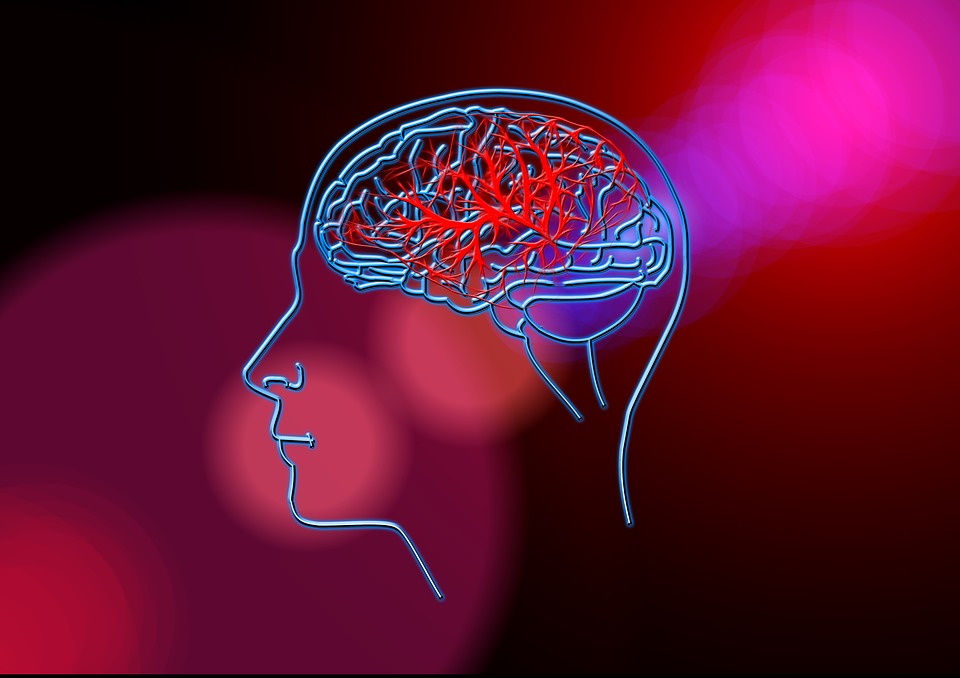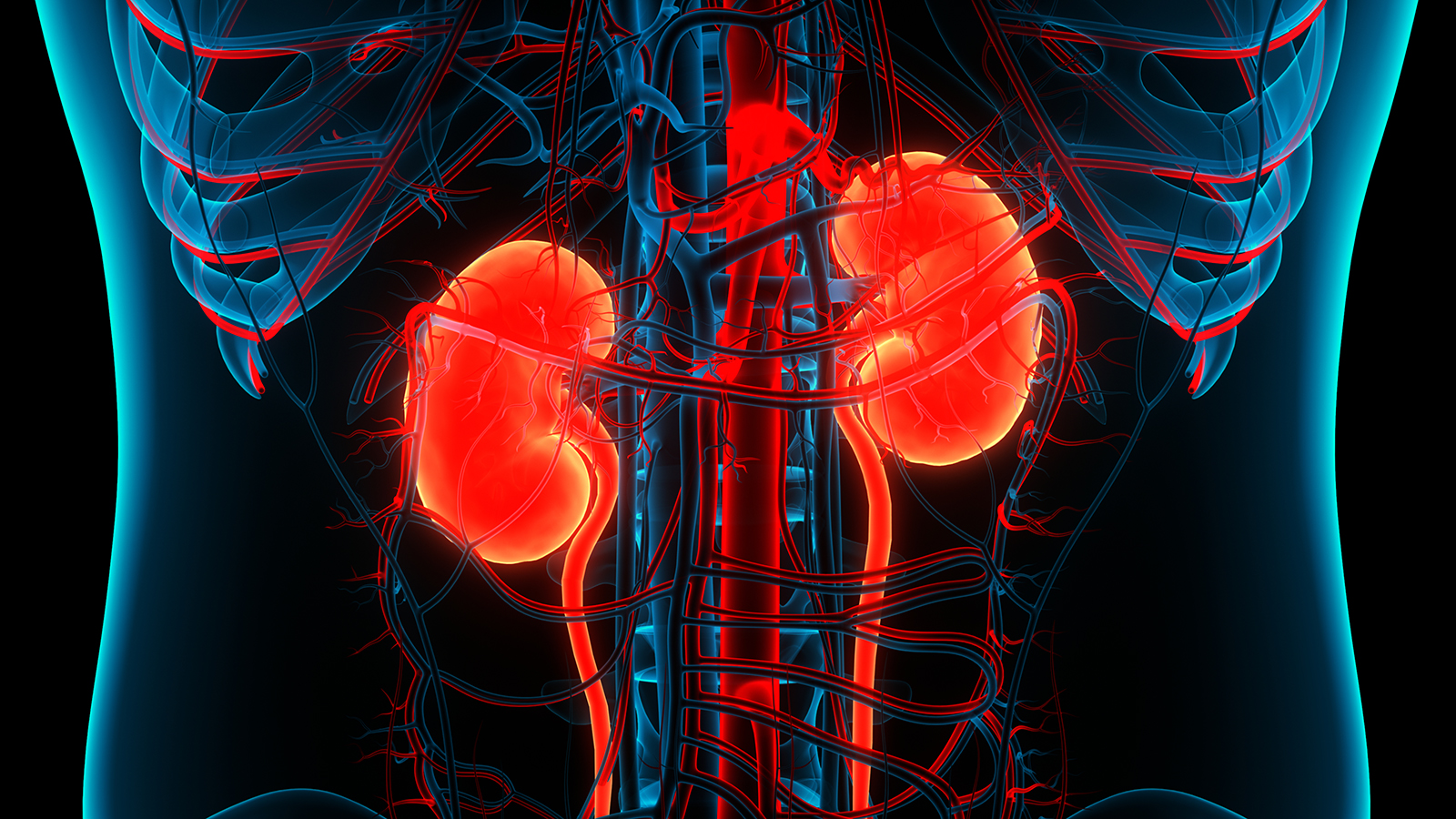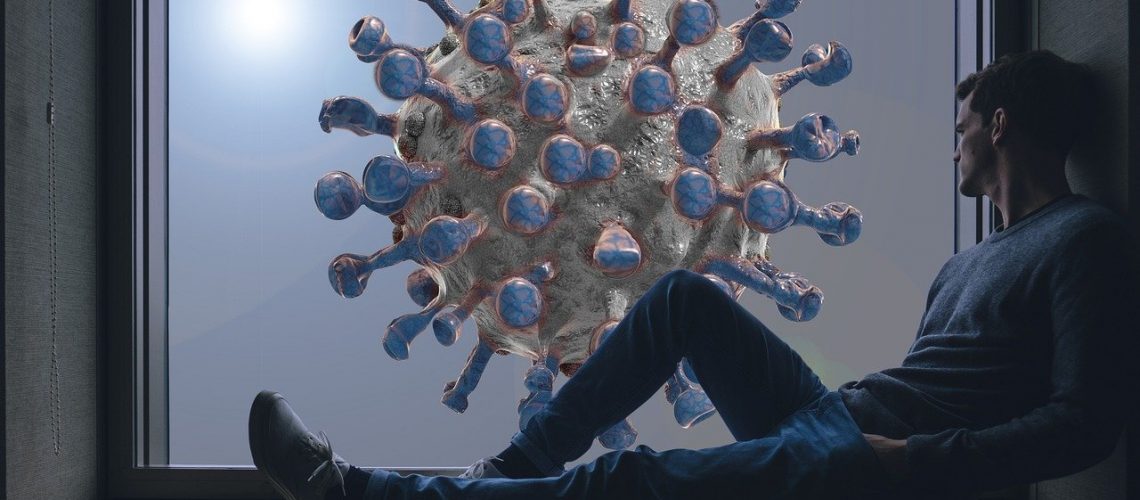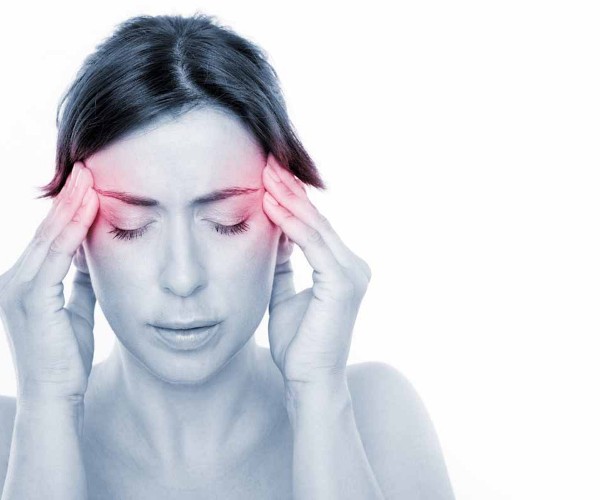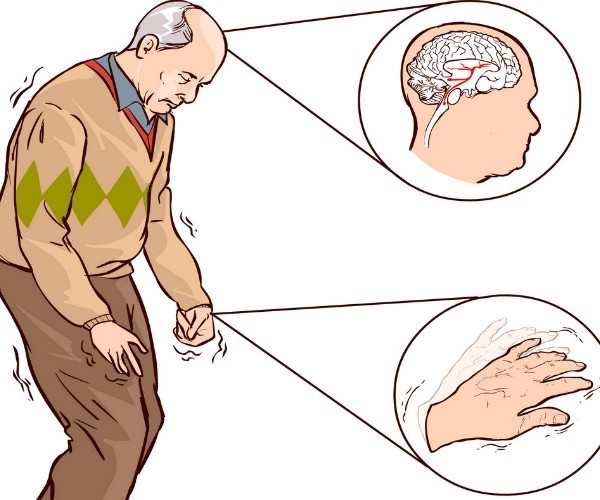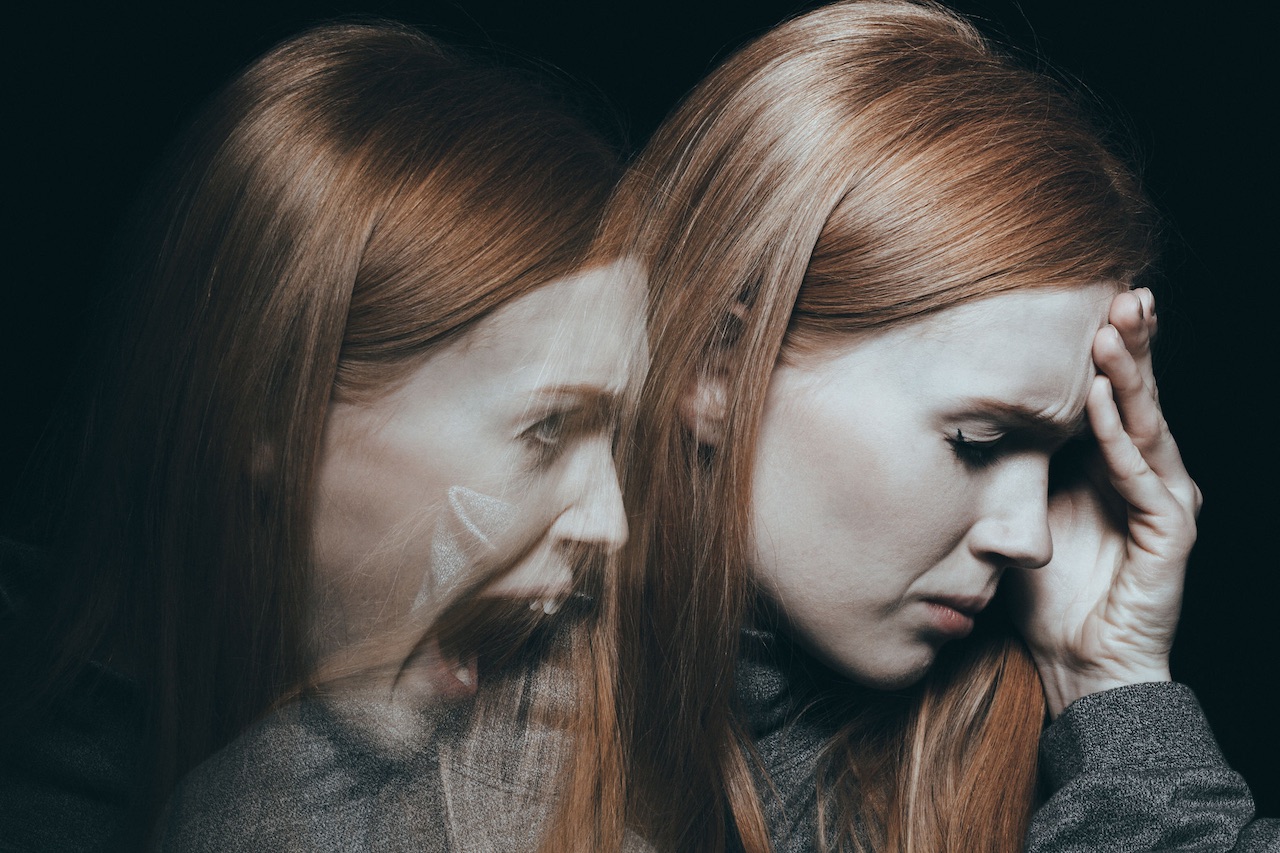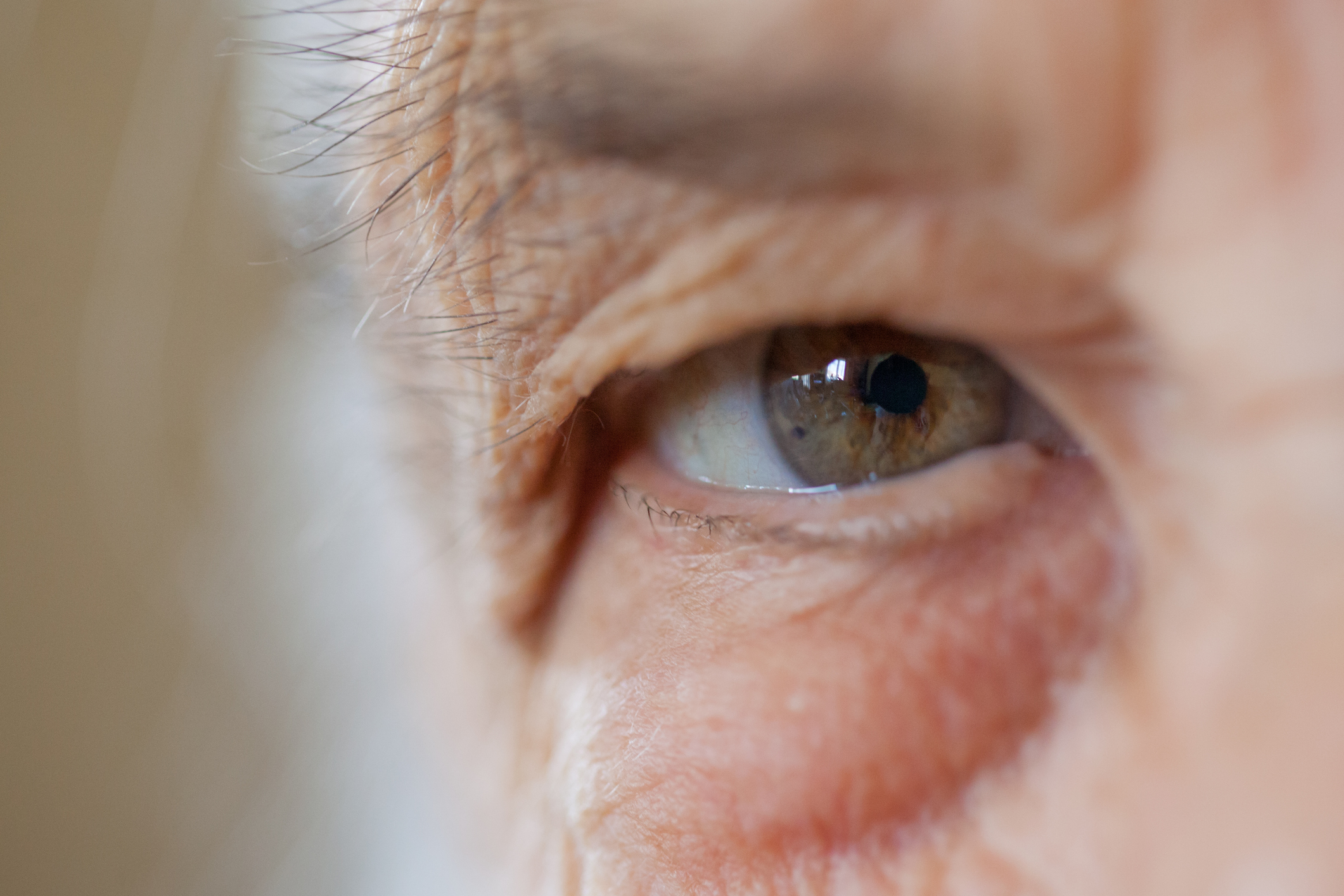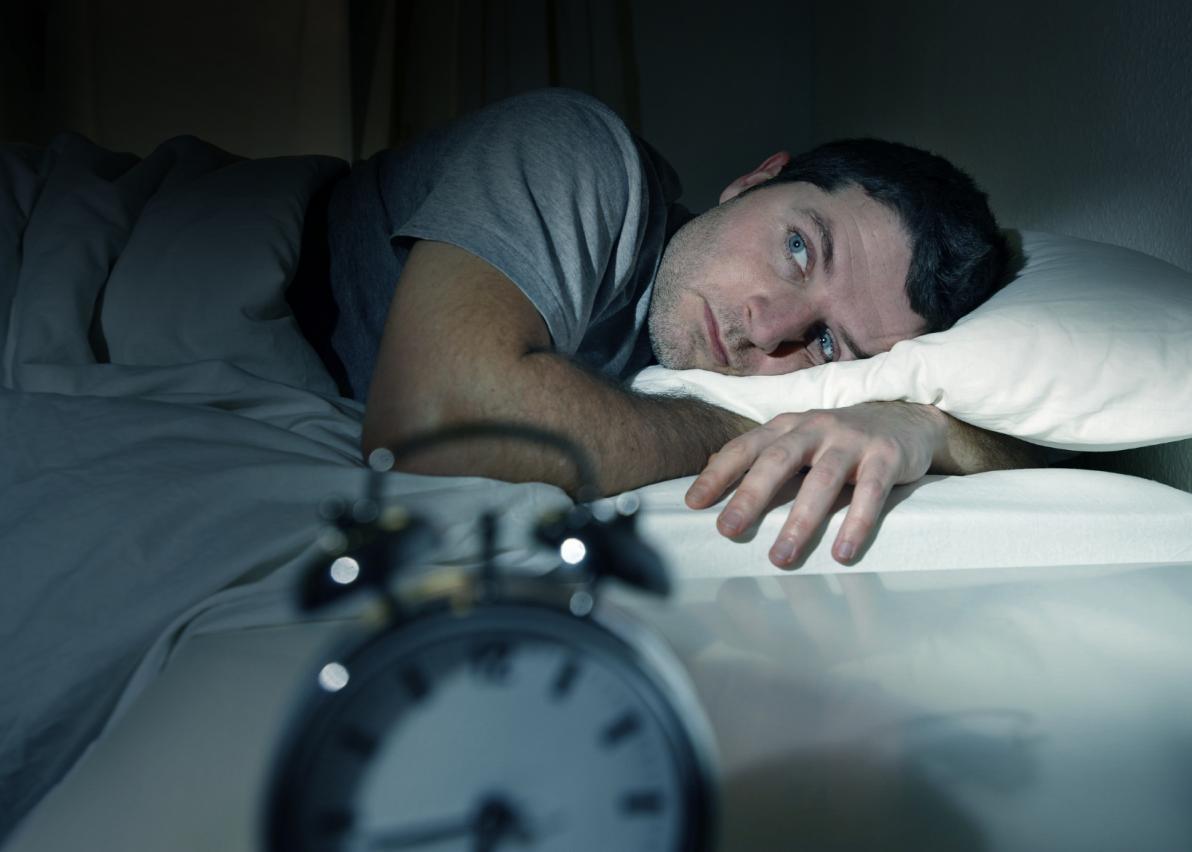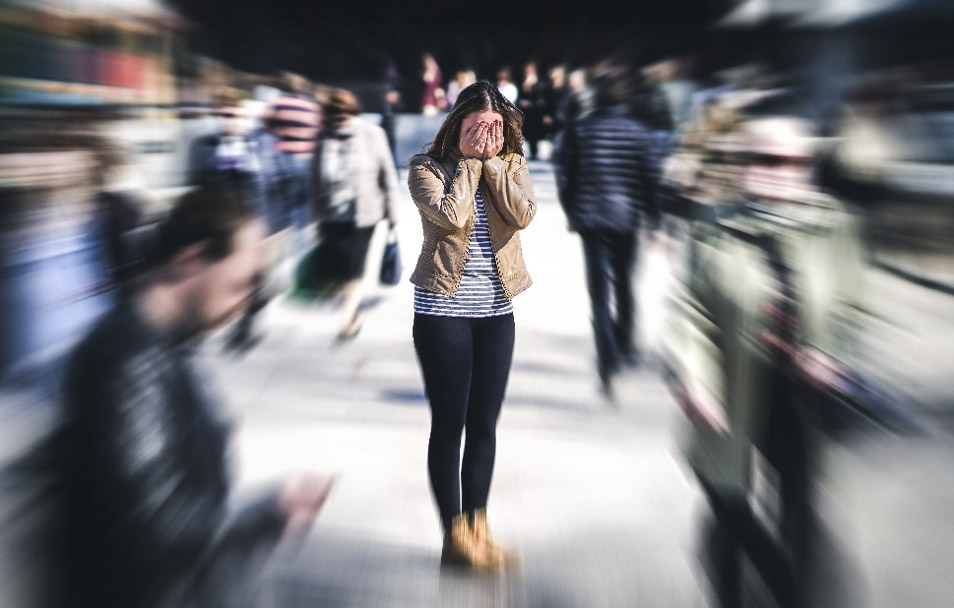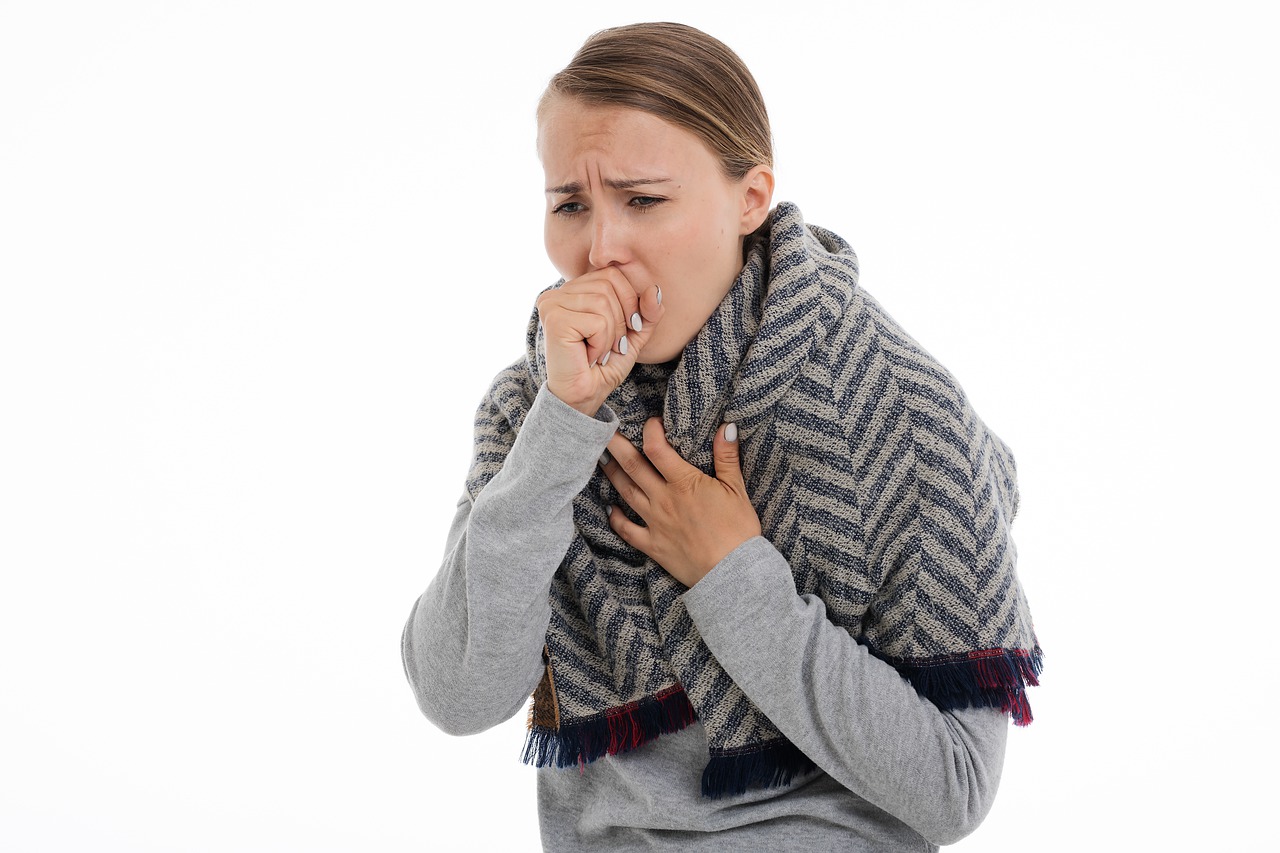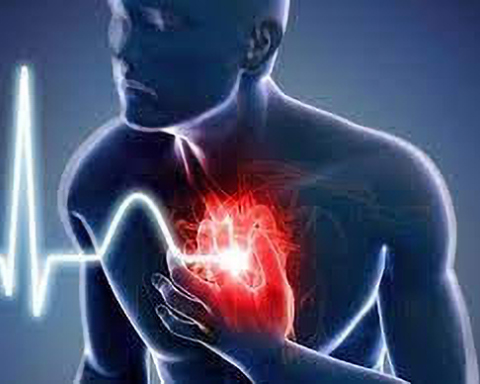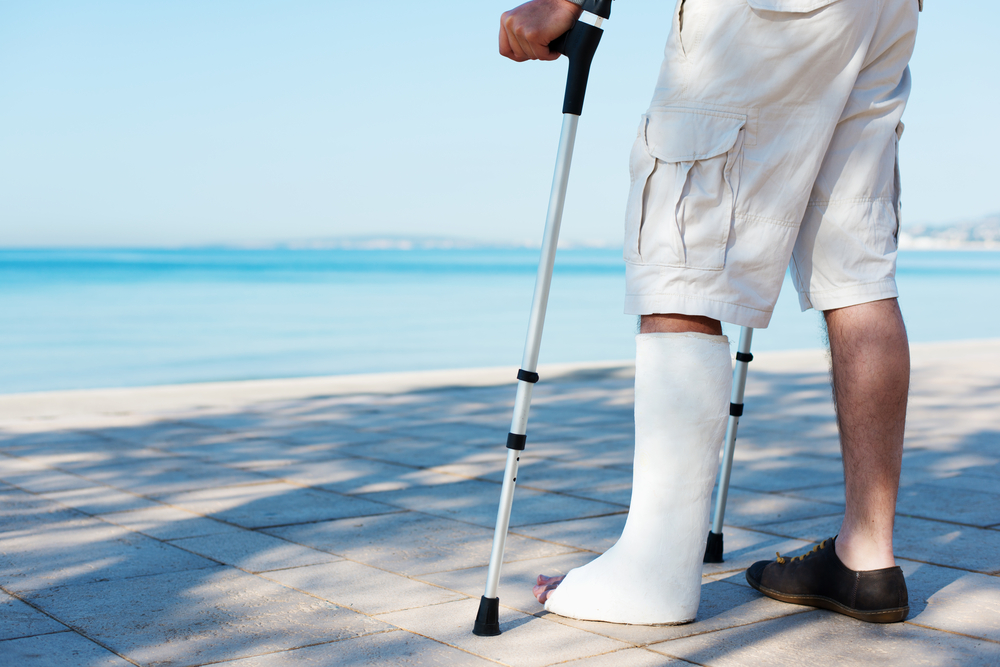The Lancet Journal published a very recent review regarding the impact and cost in psychological terms from quarantine.
Consideration was given to 24 papers done between 2004 and 2020 in various countries (Canada, China, South Korea, Sweden, Liberia, Taiwan) on the effects of quarantine adopted during epidemics (SARS, Ebola, Equine Influenza) .
The symptomatic effects of quarantine, stressors and factors that should be taken into consideration to cushion its negative effects were examined.
Quarantine represents an exceptional and unpleasant experience: generalized uncertainty and about the state of illness, restriction of freedom, removal from loved ones and living habits, and boredom can induce particular psychological reactions if not actual symptoms.
Thus, generalized psychological disorders (irritability, nervousness, low mood), emotional difficulties (sadness, fear, anger, confusion, guilt) symptoms (insomnia, anxiety, depression, stress, post-traumatic stress symptoms) are evidenced. Suicides and legal actions are reported in low numbers.
Of particular interest is the fact that healthcare workers placed in quarantine appear to activate avoidance behaviors, such as minimizing direct contact with patients.
The elements that contribute to raising the stress level can be summarized as follows:
- prolonged quarantine (longer quarantine periods are more associated with posttraumatic stress symptoms and avoidance and anger behaviors)
- inadequate information (information should always have clear logic to avoid confusion about the purpose of quarantine)
- fears of infection (unclear and insufficient guidelines on actions to be taken are associated with anxiety and insecurity. In fact, people in quarantine often fear being infected or infecting others and catastrophically evaluate any physical symptoms))
- inadequate supplies (both in terms of health care supplies and supplies are a source of frustration and, even after quarantine is over, are associated with anxiety and anger)
- financial losses (financial worries associated with the forced inactivity) are, even several months after the end of quarantine, a source of anger and anxiety
- stigma (in the case of the Ebola outbreak in Senegal, for example, several health workers reported tensions that arose in their families who, as a result of involvement in the quarantine, began to consider their work too dangerous)
- distress (resulting from frustration and boredom arising from confinement, loss of routine, reduced physical and social contact, and a sense of isolation from the world).
A specific discussion should address psychological distress in quarantined health care workers, although there is conflicting evidence that this group is at higher risk for distress.
While it is true that during the quarantine period the negative psychological effect is not surprising, the fact that it may be detected months or years later, albeit in a small number of studies, is worth considering. This is to prepare, as an integral part of the quarantine planning process, the most effective mitigation measures.
The length of the quarantine should not change; even a small extension is likely to frustrate the whole system and exponentially increase frustration and demoralization.
Resources should be guaranteed
A dedicated online service run by health professionals that can provide instructions on what to do if symptoms of illness develop would help and reassure people, lowering feelings such as fear, worry, and anger.
Work from home should be organized and encouraged both to avoid the anxieties connected with financial losses and to avoid boredom.
People in quarantine should be informed about what they can do to avoid boredom and given practical advice on stress management and coping techniques by providing meaningful activities.
Specific support groups may be helpful
It is safe to assume that people with pre-existing mental health instability need additional support during quarantine.
Specific management support would be needed for health workers to facilitate their return to work.
Appealing to altruism and the social bond that binds a community still and always serves to make sense of a restrictive and generalized measure like quarantine.




